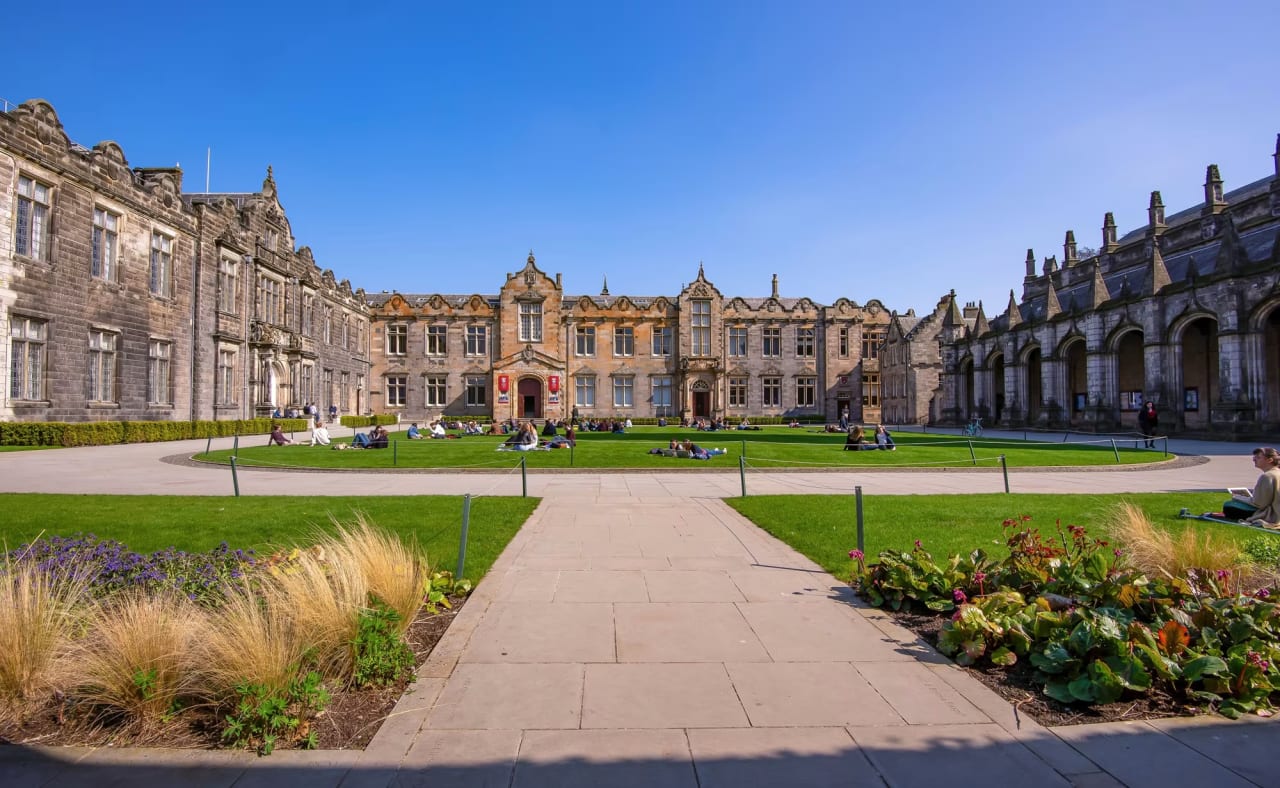St Andrews is committed to attracting the very best students, regardless of financial circumstances. Scholarships reward academic excellence and are designed to assist to help students support themselves during their time at university.
Applicants with refugee status, humanitarian protection, discretionary leave, and asylum seeker status are encouraged to apply for financial support scholarships. Your tuition fee status will determine which scholarships are available to you.
The scholarships and funding catalog offers a searchable directory of funding options offered by the University towards fees, living expenses, travel, and initiatives.
The University of St Andrews offers many postgraduate scholarships each year. There are also resources available to postgraduates seeking funding, including options outside the University. However, please be aware that the offer of a University place does not carry with it a guarantee of financial support.
The University of St Andrews offers postgraduate scholarships and other financial awards. These may be held in addition to external funding or awards from a government body. These may also cover (fully or partially) tuition fees, maintenance (living costs including accommodation), or both.
Scholarships are available based on academic merit and financial need. There are scholarships available for both home and overseas fee status. The scholarship team recommends reading the terms of each award carefully and applying to a range of funding sources.
Postgraduate scholarships
Postgraduate study is an investment in your intellectual development and career potential. The University of St Andrews provides scholarships to help as many students as possible continue in higher education.
Scholarship availability may depend on your area of study or fee status (for example, whether you are a 'Home' or 'Overseas' student).

